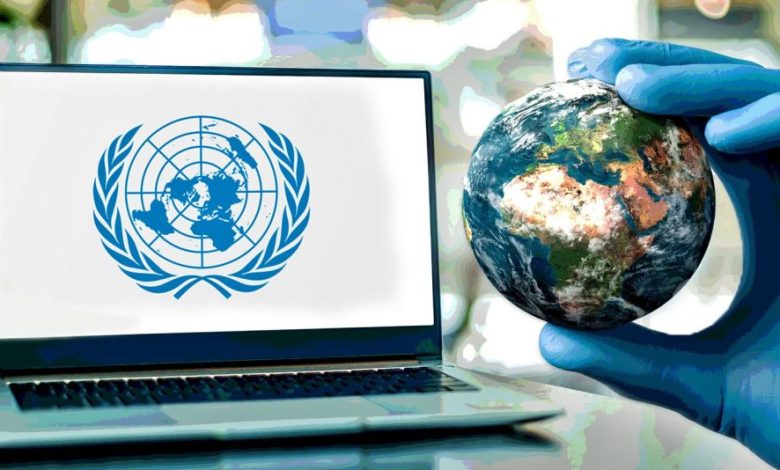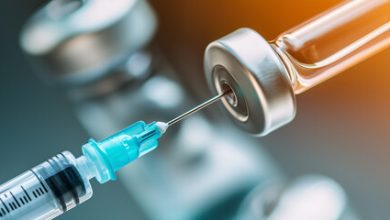WHO Functions as Big Pharma’s Profit Maker and Propaganda Pusher

This article was originally published by Cassie B. at Natual News.
Big Pharma has been working with the World Health Organization to reorganize the drug market in a way that reduces regulatory barriers to forcing populations to undergo health interventions any time the WHO sees fit to declare a pandemic.
Journalist Max Jones recently investigated the new strategy, which will help the pharmaceutical industry protect its profits as a number of its top-selling drugs are poised to lose their patent protection in the coming years. With as much as $180 billion in sales at stake, they’re scrambling to find a new source of revenue – and biologics could be their meal ticket if they can get the regulatory pieces in place to support them.
The WHO’s revisions to the International Health Regulations (IHR) are set up with this goal in mind. When you consider the fact that WHO gets 80% of its funding from private stakeholders, it makes perfect sense that they’d be so willing to support them.
There are four main components to the plan for Big Pharma to secure the emerging pandemic market with help from the WHO and its recently passed amendments to the IHR and its proposed pandemic treaty.
Biosurveillance of “pathogens with pandemic potential”
The World Health Organization has already started to call on its member states to set up infrastructure for carrying out biosurveillance on their populations, with private WHO stakeholders like the Bill & Melinda Gates Foundation already funding these initiatives.
Facilitating the sharing of research and data
The IHR amendments dictate that the director general of the World Health Organization will support countries in their research and development and facilitate data sharing during a pandemic, which could help to coordinate responses to outbreaks and methods of prevention.
This, Jones points out, also means working together to share data about diseases that they claim are “likely to cause epidemics on the future” – which could really be anything if they deem it convenient and profitable. Indeed, the same global organizations that are working with the WHO will likely do this research and develop associated vaccines and then profit from them.
Developing new regulatory mechanisms
The World Health Organization is also seeking ways to make it easier for unapproved medical products to hit the market during a so-called emergency or pandemic, much like what happened with the experimental COVID-19 vaccines. There is also a provision in the proposed treaty to ensure member countries have “legal, administrative and financial frameworks in place to support emergency regulatory authorizations for the effective and timely approval of pandemic-related health products during a pandemic.”
Paving the way for worldwide mandates of unapproved products
Finally, the Big Pharma – WHO plan seeks to establish a system that will allow for unapproved products to be mandated around the world. This could function in a similar manner to the vaccine passports adopted during the COVID-19 pandemic that may not have been absolute requirements but served to exclude people and restrict their freedoms for not complying with vaccine mandates. It’s worth remembering that the WHO is also working on its Global Digital Health Certification Network to digitize people’s health and vaccine records.
“Verification systems of this size will place the right of citizens to do basic activities — like traveling, eating at a restaurant or working their job — in the hands of governments and potentially employers,” Jones warned.
“The rights of civilians will be conditional, dictated by data stored in a massive digital hub that is global in its sharing abilities. Not only will domestic governments have access to the health information of their own citizens under this system, but an entire global bureaucracy will as well,” he added.







